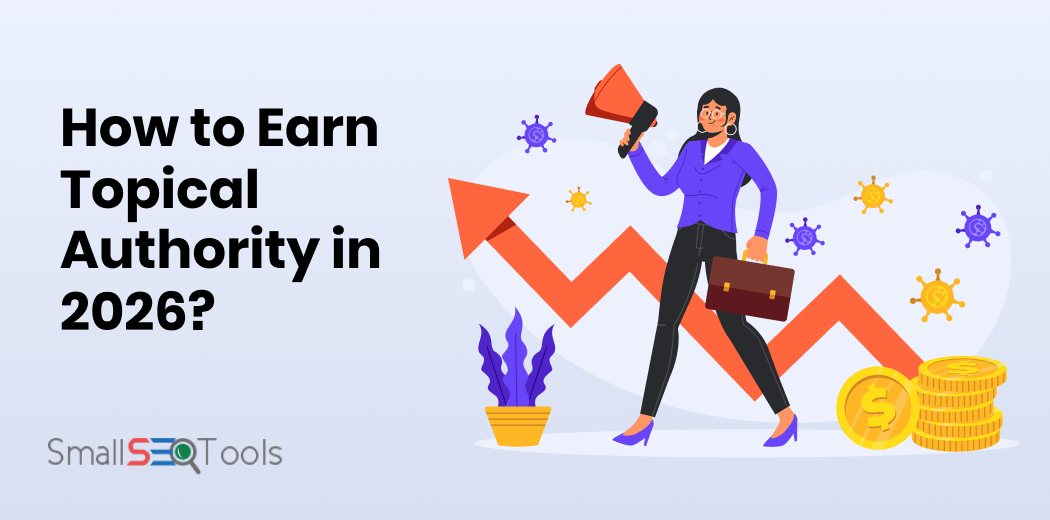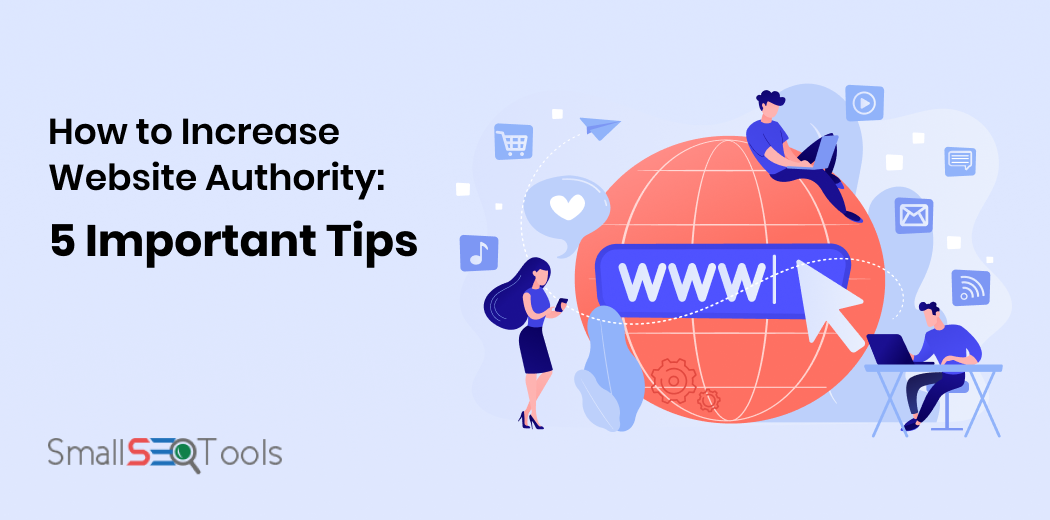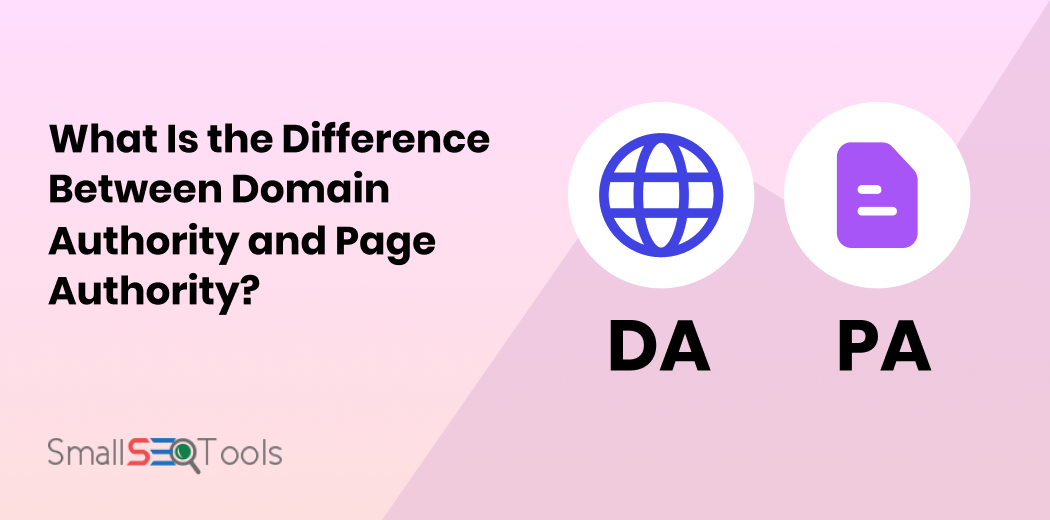2020 SEO Trends and Predictions

Critical Areas to Focus Your Search Efforts on to Rank High in 2020
It is that time of the year again when marketers begin to look at the trends that can possibly tell what might happen in the future of digital marketing in the coming year. As a growth-focused SEO, it is only smart that you get to acclimatize yourself with these trends.
In the past several weeks, we've been tracking and analyzing key SEO activities and industry data here at SST. Today, we are happy to share with you our findings so you're equipped with the right information to better drive your Search Engine Optimization campaigns for higher ranking, increased traffic, and more revenue in the coming year, 2020.
These are some critical SEO trends and predictions for 2020 according to SST:
1. NATURAL LANGUAGE PROCESSING, ARTIFICIAL INTELLIGENCE, AND MACHINE LEARNING
With Google’s introduction of "a neural network-based technique for natural language processing (NLP) pre-training called Bidirectional Encoder Representations from Transformers," or Google BERT for short, it became immediately clear that 2020 will be the year of natural language processing, artificial intelligence, and machine learning in search.

The company even stated that BERT, its biggest search engine algorithm update in five years, does affect at least one in 10 search queries. But Google is not done yet. It mentioned that in the near future, it will expand on BERT.

The company also mentioned that BERT is so complex that they're still testing a LOT of new possibilities, some even requiring new AI-optimized infrastructure.

What does this mean? You can expect more inclusion of natural language processing, artificial intelligence, and machine learning in search in 2020. By extension, this also means the search will heavily tilt towards understanding user queries, search intent, and relevance.
2. ATTENTION ENGINEERING
In 2020, there will be greater competition for the attention of the user. This has been happening, and they now even have a name for it: Attention Economy.
Why this? In the digital age, attention is a highly valuable resource.
Centuries and even decades ago, access to information was limited thus making information a luxury.
Today, that has changed. With the advent of the internet, we now have increased access to information. However, our time has not increased. The number of minutes we have has stayed exactly the same. Thus, attention has become the commodity — no more information.
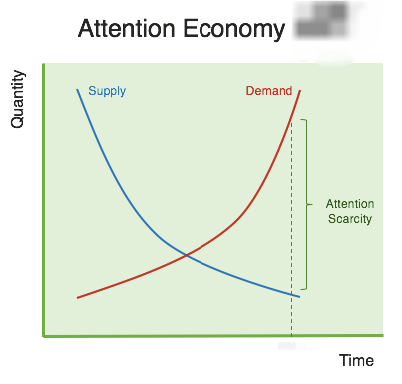
The attention economy will continue to grow. Big companies like Facebook, Google, and Microsoft have already been fighting for your attention. They've been hiring "attention engineers" to shape and sharpen up their products to stealthily but effectively grab and keep users' attention and make sure that their products are uncontrollably addictive.
It's called "attention engineering." Attention engineering is about how to better influence users and encourage the habitual use of a company’s products and services.
With the massive advancements in technology, controlling consumers’ minds and manipulating their behavior has become a common practice for many organizations. You are probably more addicted to your smartphone now than you used to be last year. It's because these companies have secretly been engineering their products to hijack your mind.

Whether that is a good thing or not, in 2020, this trend will begin to find its way into smaller web landscapes. This means it'll now become important to start optimizing your web properties and web content to not just lock down users' attention but actually become addictive.
In 2020, the longer you are able to keep users on your site, the more Google will perceive your content to be useful and relevant to the users, and the higher it will rank your site.
Start now to optimize your website and content to be relevant in the attention economy. In other words, cat videos, Facebook notifications, and Cardi B are stealing your buyers' limited attention. As a marketer, you need to take it back.
3. THE FAST WEB
The speed of the internet has been gaining momentum in recent years. But it is becoming increasingly popular and important.
The average web user now wants content delivered to their screen at immense speed, without which they'll leave a website to another.
In fact, the human attention span is at its lowest in history. According to a study by Microsoft, the average human being now has an attention span of eight seconds — slower than that of a goldfish.

Research from Jampp found that human attention span decreases by a whopping 88% every year.
Per SEO, Google recognizes that speed is vital. The company has been doing its part in ensuring that the web is fast and that webmasters optimize their websites for speed. In short, as of November 2019, the company launched Page Speed Report in Search Console (its webmaster tools product).

And also, don't forget that speed is a major ranking signal.
But this trend is not limited to only the loading speed of web pages; it also applies to the fastness of hardware — computers and mobile devices.
In recent months, computer and smartphone manufacturers have been releasing leading-edge products with remarkably fast performance. Take the Samsung S10, Google Pixel 4, and iPhone 11 as examples.
These tech makers recognize that consumer tastes have shifted. The world has become more "fast."

Ensure that you optimize your websites to load at "badass" speed in 2020. Google's recommended page load time is 3 seconds.
4. MOBILE USABILITY
This is a somewhat popular trend, but it is going to keep being a determinant force for search rankings in 2020.
You remember back in 2018, Google made a rather rational move by ranking websites based on mobile content (mobile-first indexing) as opposed to the old method of desktop-first indexing. And from July 1, 2019, the company started to enable mobile-first indexing by default for all new websites (new to the web or previously unknown to Google Search).
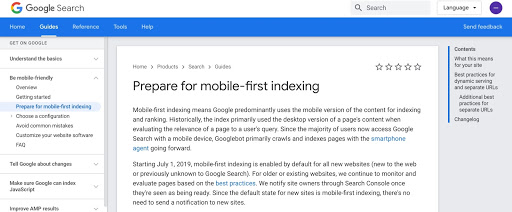
This trend has not died down. In fact, it has become more popular.
According to Statista's mobile phone penetration study, the number of people around the world who use a mobile phone increased by 100 million in 2018, with the global total reaching more than 5.1 billion users by January 2019. This figure brings worldwide mobile penetration to 67% — more than two-thirds of the total global population.
The same study shows that as of February 2017, mobile devices (excluding tablets) accounted for 49.73% of web page views worldwide. If you add up the table numbers, you'll find that mobile penetration has surpassed desktop.
Again, in 2020, the number of smartphone users worldwide is projected to reach 2.87 billion, up from 2.1 billion in 2016.
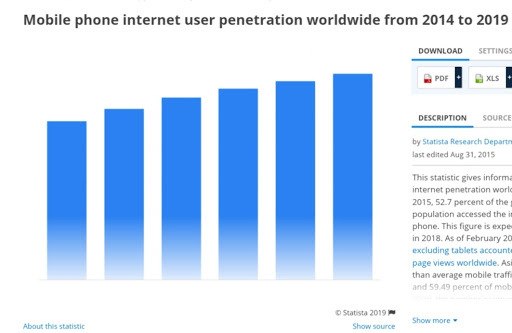
What do these data translate into? Well, it means mobile optimization is actually a thing. In 2020, ensure you continually monitor your site's mobile usability to deliver the best results to users. You can turn to Google’s Accelerated Mobile Pages (AMP) if you're not already using it. Start by testing your site's mobile-friendliness.
5. SEARCH DIVERSIFICATION
In 2020, search queries will be diversified immensely.
In recent times, we've seen other search query types — other than text-based searches — become popular.
In particular, voice search is racking up more momentum for itself in the search marketplace and this will continue in 2020.
Products like Google Home, Amazon Alexa, Cortana, Siri, and Google Assistant are making it even better.
To understand more clearly, have a look at these reports:
- 50 percent of all online searches will be voice searches by 2020 (comScore)
- 30 percent of all web searches will be done without the use of a screen by 2020 (Gartner)
- 13 percent of all households in the US-owned a smart speaker in 2017. Accordingly, the number is predicted to reach 55 percent by 2022 (OC&C)
- There will be an estimated 21.4 million smart speakers in the United States by 2020 (Activate)
- Global voice commerce is expected to rise to about 40 billion USD by 2022 (OC&C).

Equally, the video will continue to score more wins online. Presently, it is estimated that video content sees billions of hours of watch every day. On the one hand, creators are uploading years and years of content to platforms like YouTube, Facebook Watch, and Instagram in just minutes.
To walk in victory in 2020 per your SEO, work on diversifying your content. Don't just publish text, and don't just optimize for text. Try other content methods like infographics, videos, and podcasts. Also, try optimizing for voice and video.
6. CONTENT QUALITY
- In all of this, one fact remains: quality content will continue to rule.
- In 2020, no matter the SEO tactic or marketing strategy, the content will be at the center of it all.
- This means that without valuable, relevant content that answers the user's question thoroughly, you can forget about ranking.
- The key is to not only diversify but provide an abundance of quality information to your audience consistently. That's how to stay relevant in the search marketplace in 2020.
WRAP-UP
By our prediction, 2020 will be a great year for SEO and digital marketing in general. But it is only those who put in the work towards complying with current trends that will benefit most.
We've done our part in providing you with the right information. It is up to you to see to it that you implement the same to keep your business flying.
And of course, in 2020, you'll continue to have to use the best tools to optimize your web presence. And that's where our brilliantly built web tools for SEO, content, and general web management come in.







